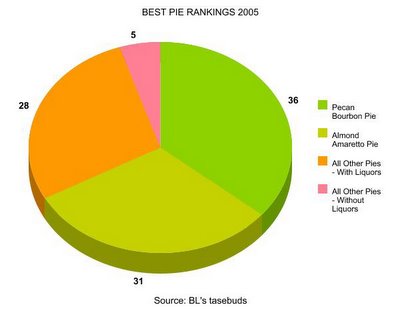The last time we saw Owen Paul, he was...well, he was having meat flung at his house, actually. But let's remember happier times, shall we? Well, a happier year. Okay, perhaps just a mildly pleasant week, since Mr. Paul was the proverbial one-hit wonder.
(Actually, for some reason, I also remember his first-single-that-later-got-rereleased-as-the-third-single, "Pleased To Meet You." With that, I may have just become the world's foremost expert on all matters Owen Paul.)
That week was in 1986, and oh, what a glorious one hit that was. "My Favourite Waste Of Time" made it all the way up to #3 on the UK charts, but it should have been #1 for two months. Owen himself was a little tragic; he had a mullet, and a limp one at that. (I mean, if you are going to try to rock that cut [although, really: don't], at least condition and feather.) He in all looked a little like Richard Marx after someone had beaten a bat to his face (and let's face it, we've all had to resist the urge to do that to Richard).
The original version of the song was by Marshall Crenshaw, the hard-luck power-pop singer-songwriter who never really made it. Owen wasn't even the first to cover the song; Bette Midler did a version in 1983 for her album No Frills. But Owen made the song poptastic. For one thing, it's much faster than Crenshaw's original, and a beat ahead of Bette's; when the drums go "BOOM!" and the beat kicks in after Owen sings the first few lines, it's quite a sublime moment. From there, it sounds like it could be a Spector production, with the big drums and the backing vocals. At the same time, the little clickety-clack sounds that run through the track always did remind me of Tears For Fears' "Mad World." Sure, there is a dubious breakdown right in the middle of the song, consisting of an awful guitar and a sax solo (which comes back in the outro), as if in a desperate bid to make a very short song into a longer one. And the cymbal (?) crashes that occur twice will hurt your ears, at least on this mp3 (sorry), as might Owen's anguished "You're wasting MY TIIIMEEE!!" warble going into the breakdown.
But I still dig the way Owen drops from the highs of the chorus into the more sedate verses ("Here I am/I'm playing daydreaming fool again"), before building up again. The way he sings a little counter-melody in the outro. Even the "And the bells gonna RIIINGGG!" has a kind of shambolic charm. And of course, the lyric remains one of the best things about the song: I love how the whole thing is about an object of desire about whom the singer basically doesn't really have a single good thing to say. Being with her is "meaningless and ridiculous," and she's withholding ("Even though/the love you give to me never shows"). But he loves her, that fool. Ain't that always the way?
In related news, my new laptop got here yesterday. To it, and to all of my previous computers -- including Lyon Burke, the old Powerbook who's about to retire -- I dedicate this post, mes bébés.


